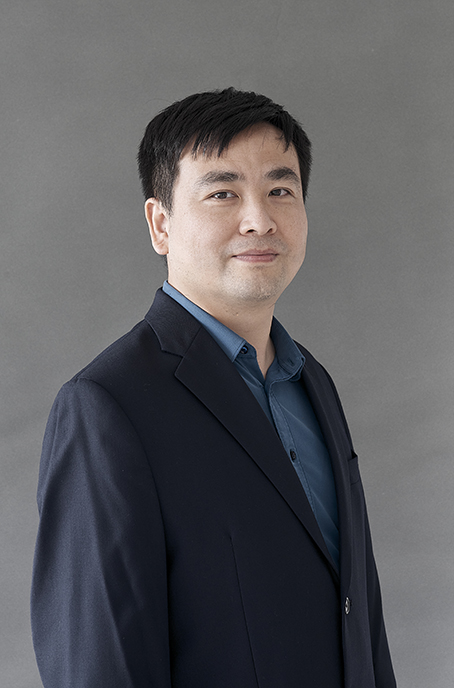Eukaryote chromatin is the primary carrier of genetic information. Genetic information is encoded and deciphered in the dynamically changed chromatin. The basic structural unit of chromatin is the nucleosome, which consists of histones and DNA. Multiple nucleosomes fold and stack to form the higher-order structure of chromatin. Dynamic changes in chromatin structure and the accompanying functional alterations rely on the coordinated regulation of various epigenetic factors, including DNA modifications, histone chemical modifications, and chromatin remodeling. These epigenetic factors regulate chromatin structure and help establish gene expression profiles during differentiation and developmental processes. There is increasing evidence to link the alteration in these epigenetic factors to tumorigenesis.
Our long-term research interest is in the mechanistic understanding of chromatin regulation. We employ a wide range of techniques, including structural biology, biochemistry, cell biology, and bioinformatics, to explore the structure and function of several key epigenetic regulatory complexes. We hope these studies will not only deepen our understanding of chromatin regulation but also provide clues for new drug designs for some human diseases.
The lab's research primarily covers the following two directions:
- Regulation of the basic unit of chromatin: The nucleosome is the fundamental structural unit of chromatin. Our lab is dedicated to deciphering the epigenetic regulatory networks formed by epigenetic factors including histone-modifying enzyme complexes, DNA-modifying enzymes, and chromatin remodeling complexes. We aim to reveal the molecular mechanisms by which these epigenetic factors coordinate the processes of nucleosome assembly, modification, and conformational changes.
- Regulation of the higher-order chromatin structure: We are interested in the assembly and regulatory mechanisms of heterochromatins, particularly focusing on telomeres. Our research aims to uncover the specific molecular mechanisms by which key telomere-binding proteins and epigenetic factors maintain heterochromatin integrity and regulate heterochromatin localization.
Additionally, we actively collaborate with other research groups and have a strong interest in areas such as germ cell development and tumor molecular biology.
